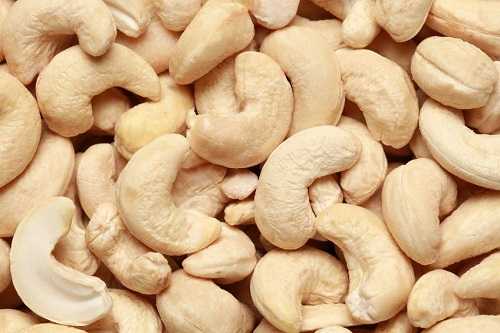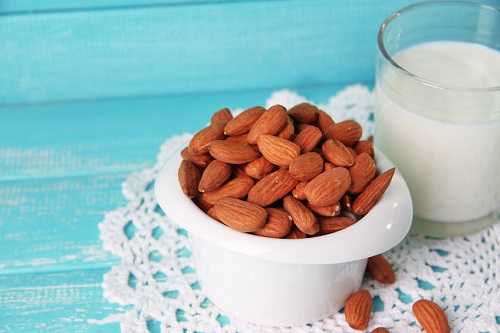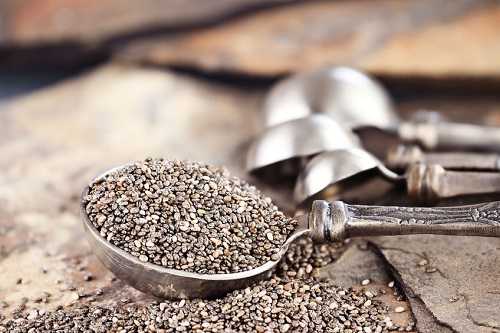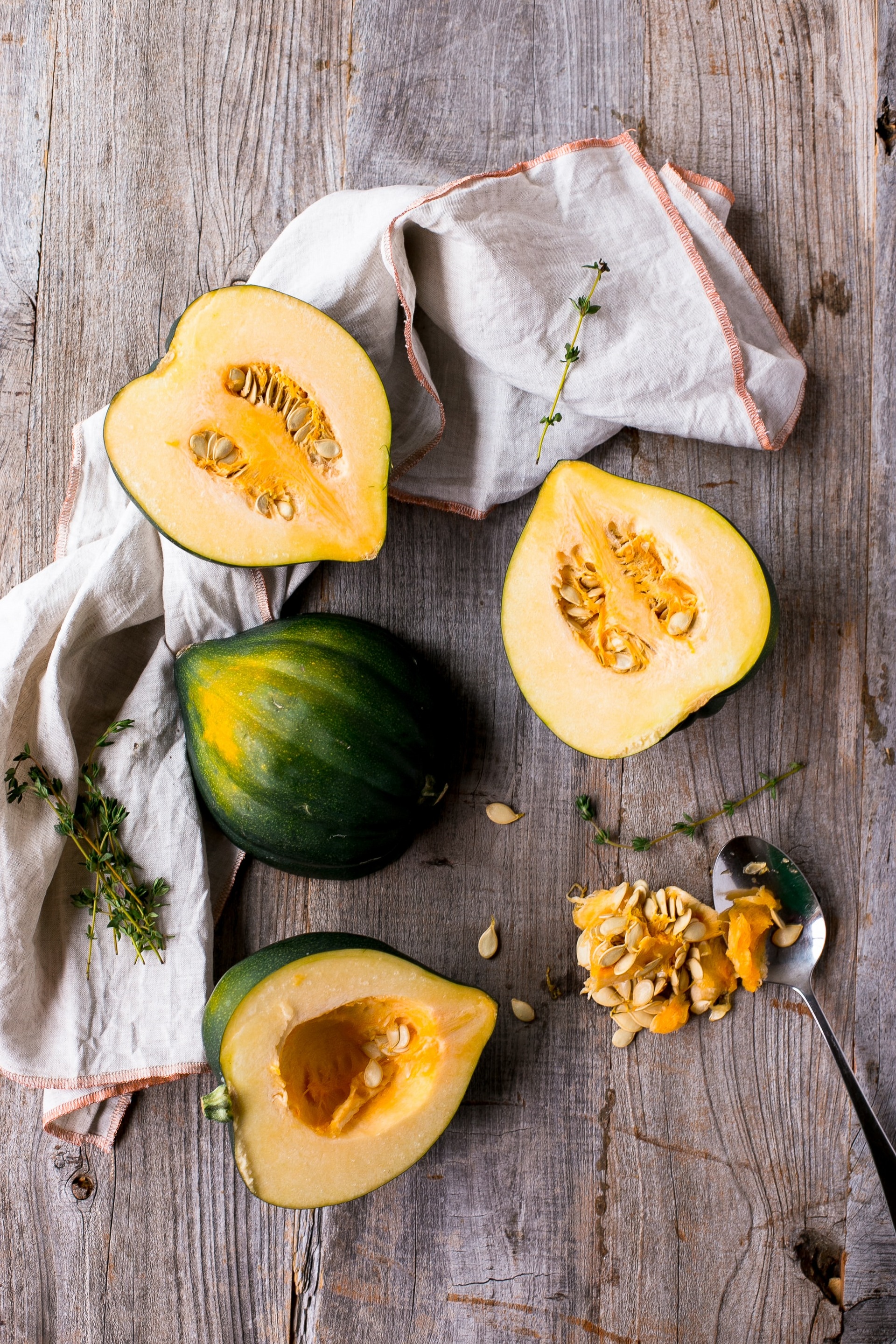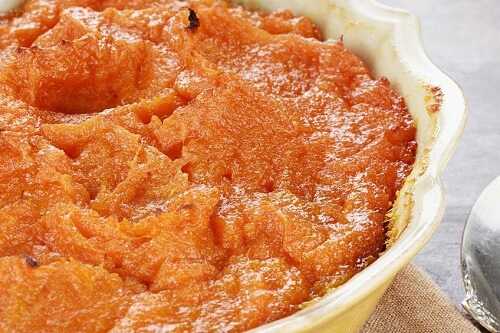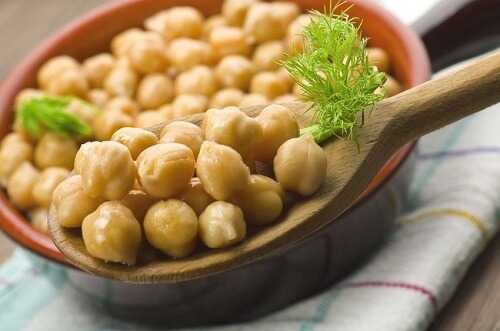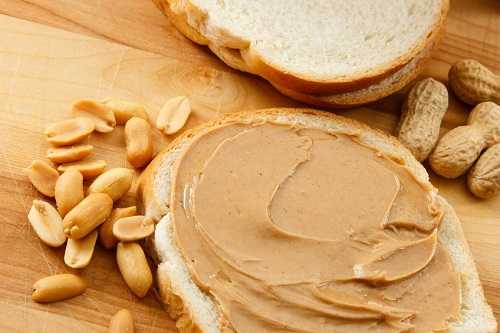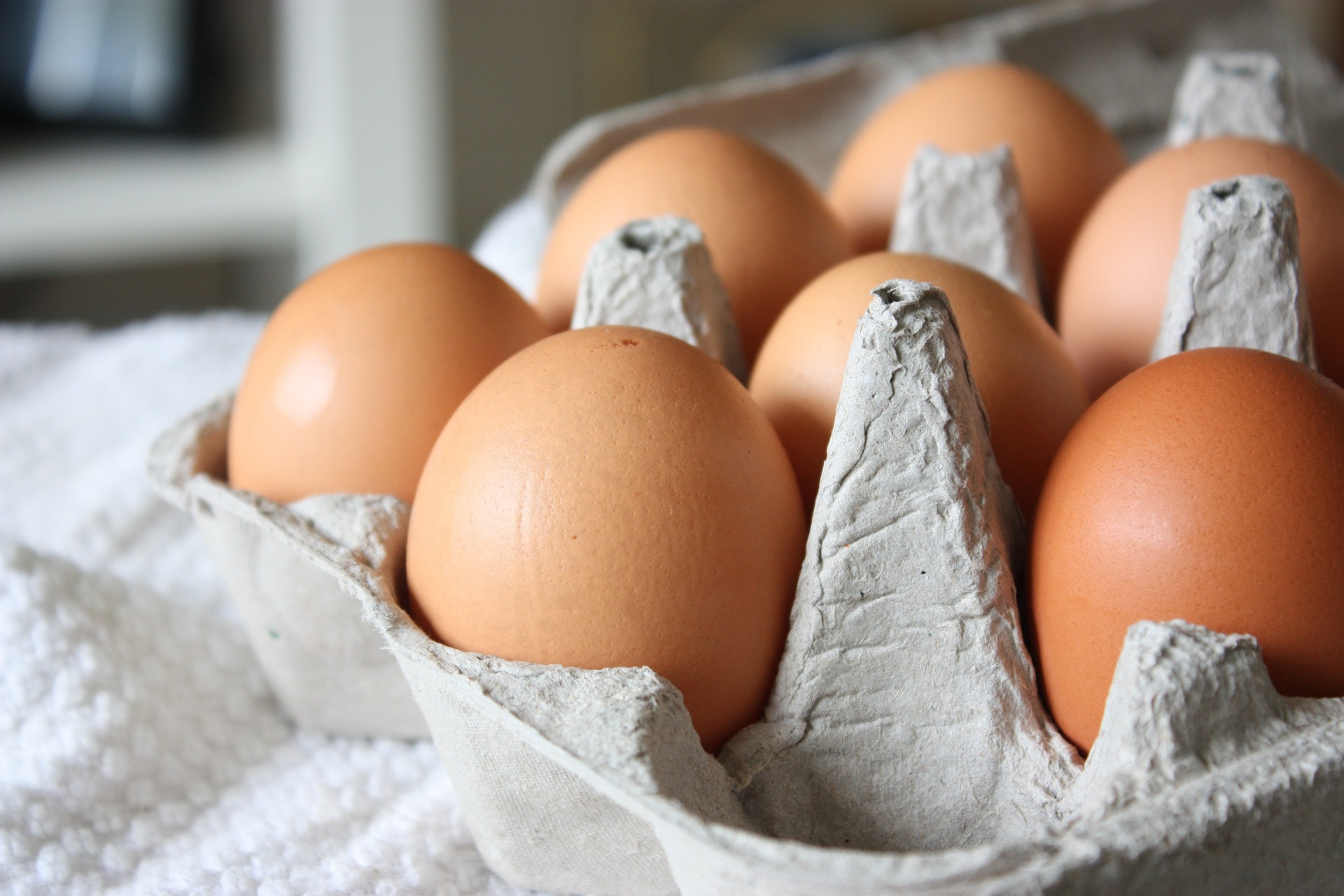Nowadays, many of us take a B complex vitamin to improve our metabolism and boost our energy levels. However, there are some amazing foods high in B vitamins that you can incorporate into your daily diet to increase your energy and mood naturally.
B vitamins are essential for a healthy digestion, metabolism, memory and mood. They help reduce blood pressure and stress and they can help avoid many health problems. Incorporate these vitamin B rich foods into your everyday meals and you will be sure to feel and look your best every day!
1. Walnuts
Walnuts have measurable amounts of omega-3 fatty acids and powerful antioxidants. Walnuts are also high in Vitamin B:
- Thiamine (B1): 23% of the RDI
- Riboflavin (B2): 9% of the RDI
- Niacin (B3): 6% of the RDI
- Pantothenic acid (B5): 6% of the RDI
- Pyridoxine (B6): 27% of the RDI
Walnuts can help enhance your mood, boost your energy, and improve your memory and cognitive function. Moreover, it also strengthens the immune system, improves vision and memory, lowers blood sugar levels, hormonal background, and bowel function, has soothing properties, and has a positive effect on atherosclerosis, anemia, and hypertension.
2. Bananas
One of the most delicious vitamin B-rich foods to include in your diet is bananas. Bananas are an excellent source of Vitamin B:
- Thiamine (B1): 3% of the RDI
- Niacin (B3): 5% of the RDI
- Pantothenic acid (B5): 6% of the RDI
- Pyridoxine (B6): 33% of the RDI
- Biotin (B7): 0.5% of the RDI
Moreover, they are high in Vitamin C, fiber, and potassium, containing about 74% water. So the next time you feel tired or stressed, munch on a banana to beat stress and boost your energy levels. Thanks to such a rich set of useful substances, bananas strengthen the walls of blood vessels and have a beneficial effect on the nervous, digestive and cardiovascular systems.
Read also – 7 Amazing Benefits of Bananas
3. Cashews and cashew butter
Cashews are plentiful in Vitamin B. A handful of cashews makes a great, energy-packed snack and a wonderful addition to a salad or pasta dish. You can also enjoy cashews in trail mix and make cashew cream sauce if you have free time.
- Thiamine (B1): 10% of the RDI
- Riboflavin (B2): 1.5% of the RDI
- Niacin (B3): 1.9% of the RDI
- Pantothenic acid (B5): 4.8% of the RDI
- Pyridoxine (B6): 7.1% of the RDI
Cashew is a treasure trove. This product regulates the level of the lumen of the vessels. As a result, it protects the body from the development of atherosclerosis, multiple sclerosis, and abnormal hematopoiesis. In addition, Cashew has anti-diabetic properties, lowers sugar, and prevents the complications of diabetes.
4. Almonds and almond milk
Almonds are high in Vitamin B. They also contain Vitamin E, magnesium, iron, and protein. Snack on raw or roasted almonds, have a glass of almond milk, or make delicious almond butter. Among the health benefits of almonds is that it slows down aging and reduces the risk of serious diseases, maintains smoothness and elasticity of the skin, helps control blood sugar, and lowers blood pressure.
- Thiamine (B1): 14% of the RDI
- Riboflavin (B2): 60% of the RDI
- Niacin (B3): 17% of the RDI
- Pantothenic acid (B5): 5% of the RDI
- Pyridoxine (B6): 7% of the RDI
Almond milk is also an excellent source of Vitamin B, and it’s perfect for vegans and vegetarians. Just make sure you opt for unsweetened almond milk without added sugar.
- Vitamin B2 (riboflavin): 2.3% DV
- Vitamin B3 (niacin): 1.1% DV
- Vitamin B5 (pantothenic acid): 0.6% DV
5. Spirulina
One teaspoon of spirulina provides your body with Vitamin B. You can add spirulina to your banana, berry smoothie, or favorite salad.
- Thiamine (B1): 5% of the RDI
- Riboflavin (B2): 4% of the RDI
- Niacin (B3): 13% of the RDI
- Pantothenic acid (B5): 2% of the RDI
- Pyridoxine (B6): 0.7% of the RDI
- Biotin (B7): 35% of the RDI
- Folate (B9): 0.05% of the RDI
- Cobalamin (B12): 0.2% of the RDI
Blue-green algae are high in iron, which, due to the aggravation of the body, is not essential. Therefore, regular intake helps to avoid iron deficiency, which means anemia, hemoglobin diseases, and weakness of infertility.
Read also – 10 Best Anti-Aging Foods to Eat Every Day
6. Avocado
Avocado is high in heart-healthy fats, Vitamin E, magnesium, and B vitamins. In addition, avocado helps the body produce glutathione, a powerful antioxidant that helps prevent aging, dementia, heart disease, cancer, and many more.
- Thiamine (B1): 6% of the RDI
- Riboflavin (B2): 10% of the RDI
- Niacin (B3): 11% of the RDI
- Pantothenic acid (B5): 28% of the RDI
- Pyridoxine (B6): 20% of the RDI
This Vitamin B-rich food can help reduce cholesterol and blood pressure, and it can even relieve stress. Moreover, it helps prevent bloating due to its high potassium content.
Read also – 8 Good Reasons to Eat Avocados
7. Oats
Oats are fortified with a group of vitamins B. They are also rich in fiber and can help maintain healthy cholesterol levels. Enjoy a bowl of oatmeal for breakfast, and you will have a great mood and high energy levels all day long.
- Thiamine (B1): 64% of the RDI
- Riboflavin (B2): 11% of the RDI
- Niacin (B3): 6% of the RDI
- Pyridoxine (B6): 9% of the RDI
Due to containing B vitamins, oats help with various depressions. In addition, it strengthens the immune system and copes with viral diseases, helping the body recover faster. In addition, oats possess a diaphoretic effect and reduce the temperature during illness.
8. Tomatoes
Tomatoes contain reasonable amounts of B vitamins, especially Vitamin B6. They are high in Vitamin C and potassium as well.
- Thiamine (B1): 3% of the RDI
- Riboflavin (B2): 1% of the RDI
- Niacin (B3): 4% of the RDI
- Pantothenic acid (B5): 2% of the RDI
- Pyridoxine (B6): 6% of the RDI
Tomatoes help your body produce a natural antioxidant called glutathione that detoxifies the liver. In addition, tomatoes help strengthen immunity, improve the work of the heart muscle metabolism, and relieve clinical depression. Moreover, tomatoes are one of those foods that you need to eat to have perfect skin.
Read also – 9 Best Health Benefits of Tomatoes
9. Chia seeds
Chia seeds are a superfood treasure that helps fight against numerous diseases. This is because the seeds contain a considerable amount of B vitamins. Chia seeds are a higher source of B vitamins than other seeds.
- Thiamine (B1): 52% of the RDI
- Riboflavin (B2): 13% of the RDI
- Niacin (B3): 55% of the RDI
Chia seeds are also an amazing source of iron and omega 3 fats. Consuming 2 tablespoons of chia seeds, high in vitamin B a day, will be enough to have high energy levels, better mood, and overall health.
Thanks to a good source of B Vitamins, chia seeds stabilize blood glucose levels and have an anti-inflammatory effect. In addition, they support normal digestion, cleanse toxins, protect against colon cancer, and normalize the intestinal microflora.
Read also – 8 Great Benefits of Chia Seeds
10. Asparagus
Asparagus is chock-full of Vitamin B, as well as potassium, chlorophyll, fiber, and protein. So add some asparagus to your lunch salad to help get you through the afternoon. You can also grill asparagus and pair it with any dish you like.
- Thiamine (B1): 12% of the RDI
- Riboflavin (B2): 11% of the RDI
- Niacin (B3): 6% of the RDI
- Pantothenic acid (B5): 5% of the RDI
This one of the healthiest foods, high in Vitamin B and many other valuable substances, contributes to the coordinated work of the body, activates the work of the kidneys, promotes wound healing, and increases the ability of blood circulation. Furthermore, it facilitates the removal of metabolic decay products, increases immunity, and helps the body fight harmful free radicals.
Read also – 8 Most Popular Superfoods that Keep You Healthy Today
11. Acorn Squash
Acorn squash is another one of the healthiest Vitamin B-rich foods to boost your energy and mood.
- Thiamine (B1): 12% of the RDI
- Riboflavin (B2): 1% of the RDI
- Niacin (B3): 4% of the RDI
- Pantothenic acid (B5): 8% of the RDI
- Pyridoxine (B6): 12% of the RDI
Squash helps keep your energy levels high and improves overall health. There are many wonderful ways to enjoy squash. What’s your favorite one?
12. Spinach
I believe you are a bit tired of seeing spinach on every list that tells about healthy eating, but this leafy green vegetable is one of the most amazing Vitamin B-rich foods.
- Thiamine (B1): 7% of the RDI
- Riboflavin (B2): 15% of the RDI
- Niacin (B3): 5% of the RDI
- Pantothenic acid (B5): 1% of the RDI
- Pyridoxine (B6): 15% of the RDI
Except for the group of Vitamin B, spinach also contains Vitamin C, iron, potassium, and magnesium, and it boasts fantastic health benefits. In addition, spinach is great mood-boosting food, and it also improves alertness and energy. Consume spinach lightly cooked or raw to get the most benefit.
Read also – 7 Sneaky Ways to Eat More Greens Every Day
13. Sweet potatoes
I was really happy to find out that sweet potatoes are among the vitamin B-rich foods that help increase energy and mood. Not only are sweet potatoes delicious, but they are also a nutritional powerhouse. Sweet potatoes are a good source of Vitamin B and C, magnesium, beta-carotene, and potassium.
- Thiamine (B1): 7% of the RDI
- Riboflavin (B2): 5% of the RDI
- Niacin (B3): 3% of the RDI
- Pantothenic acid (B5): 16% of the RDI
- Pyridoxine (B6): 16% of the RDI
Thanks to its delicious taste, sweet potato is already uplifting and can also serve as the basis for healthy snacks and desserts, such as raisin muffins.
14. Chickpeas
Known as garbanzo beans, chickpeas are a nutrient-dense legume. They are high in B Vitamins and protein. Chickpeas are usually found in hummus, but you can also add them to your soups, salads, veggie casseroles, and wraps.
- Thiamine (B1): 10% of the RDI
- Riboflavin (B2): 5% of the RDI
- Niacin (B3): 3% of the RDI
- Pantothenic acid (B5): 6% of the RDI
- Pyridoxine (B6): 11% of the RDI
Regular inclusion of chickpeas in the diet can reduce the risk of cancer. In addition, being high in B Vitamins, chickpeas help strengthen the cardiovascular system, improve digestion, normalize blood sugar levels, remove toxins, and support the immune and nervous systems.
Read also – 9 Best Foods to Eat for Healthy Eyes
15. Peanuts and peanut butter
Although all nuts contain B vitamins, peanuts stand out above the rest. They are a good source of Vitamin B3, Vitamin B6, Vitamin B5, Vitamin B2 (riboflavin), and Vitamin B1 (thiamin).
- Thiamine (B1): 53% of the RDI
- Riboflavin (B2): 10% of the RDI
- Niacin (B3): 75% of the RDI
- Pantothenic acid (B5): 35% of the RDI
- Pyridoxine (B6): 26% of the RDI
Peanut butter is high in vegetarian protein and heart-healthy fats and is an excellent addition to your breakfast. The consumption of peanuts improves memory, attention, and hearing and normalizes the function of the nervous system, heart, liver, and other internal organs. In addition, B vitamins contribute to the full functioning of the cardiovascular and nervous systems.
Read also – 15 Worst Foods to Eat Before Bedtime
16.Salmon
Another one of the best Vitamin B-rich foods to boost your energy and food is salmon. A 3.5-ounce (100-gram) serving of salmon contains:
- Thiamine (B1): 19% of the RDI
- Riboflavin (B2): 29% of the RDI
- Niacin (B3): 49% of the RDI
- Pantothenic acid (B5): 33% of the RDI
- Pyridoxine (B6): 63% of the RDI
- Cobalamin (B12): 133% of the RDI
Salmon is rich in fatty acids, various vitamins, and microelements and is good for health: its regular consumption reduces the risk of developing certain diseases. Therefore, including fish dishes 2 times a week is the key to a healthy heart, blood vessels, and strong bones.
17.Eggs
The egg contains a large number of B vitamins, vitamins A, E, D, and K, as well as trace elements: phosphorus, sulfur, and iron. One large (50-gram) cooked egg provides:
- Riboflavin (B2): 15% of the RDI
- Pantothenic acid (B5): 7% of the RDI
- Biotin (B7): 33% of the RDI
- Folate (B9): 5% of the RDI
- Cobalamin (B12): 9% of the RDI
It contains substances that can affect our performance, memory, and mood. In particular, the amino acid tyrosine.
As you can see, all of these foods are delicious and healthy, and some of them make perfect snacks. Consider having one or two at every meal for less stress, more energy, and better health. You can easily snack on almonds, walnuts, bananas or add avocado, tomatoes, or spinach to your favorite salad. In fact, the possibilities are endless!
What are your favorite vitamin B rich foods and ways to eat them daily? Please share your thoughts in the comments section, and thanks for reading.
Below, we have compiled a list of the most interesting questions about Vitamin B-rich foods to boost your energy and mood:




